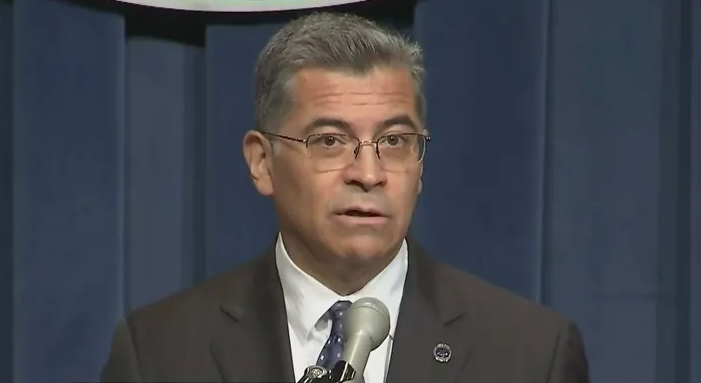This week, Meredith Criner, who served as a research intern at the John Locke Foundation this summer, published an opinion piece on drug-recovery courts in the Wilmington Star News. Criner formerly interned in New Hanover County’s recovery courts under Judge James H. Faison III. She explains:
Recovery courts handle chemically dependent individuals. Only 25 counties operate at least one [in North Carolina]. In a traditional criminal proceeding, a convicted offender is placed with other offenders in prison or jail. Recovery courts instead provide the offender with supervision, drug testing and treatment, as well as sanctions and incentives. All are aimed at rehabilitation.
According to Criner, these recovery courts can save taxpayers thousands:
The benefits clearly justify the cost. When a person isn’t in prison, the state saves money on incarceration, health care and more… [A] 2003 legislative report shows the enormous statewide savings. The report put the cost for a participant in drug court at $2,500; a year’s incarceration topped $20,000.
Not only do these courts save the taxpayer money, but they can effectively discourage reoffending. Criner writes:
A 2011 National Institute of Justice [report] found that “drug court offenders were significantly less likely than the comparison group to report engaging in any criminal behavior,” with only 28 percent of participants reoffending, as opposed to 40 percent of comparison offenders.
Criner acknowledges, however, that there are some skeptics of drug courts:
[S]ome still question why we should fund specialized courts. They see these courts as being soft on crime and giving certain criminals special treatment. That’s not what I saw in New Hanover County. I saw a way to effectively treat the root cause of much drug-related criminal activity and addiction, and a way to produce productive members of society who have less chance of reoffending.
Criner sees a possibility for statewide implementation in North Carolina:
At a time when so much seems to be decided on partisan lines, support for recovery courts can be found on both sides of the aisle…. Whether you’re a law-and order-conservative or a social-justice progressive, recovery courts are a cost-effective way to improve the criminal justice system and address the opioid epidemic.
Read the full piece here.


